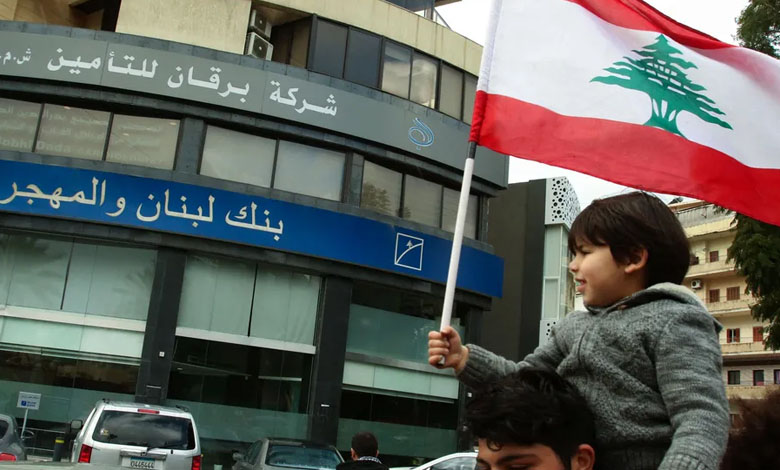After 3 years… Crisis of Lebanese banks resolved and depositors’ funds to be returned in installments

The crisis of Lebanese banks has been resolved, and the funds of depositors will be returned through installments
International reports indicate that depositors in Lebanese banks will be allowed to start withdrawing their long-struggling savings starting next week, but in installments.
Return of Funds
The London-based newspaper Middle East confirmed that after depositors have been struggling since the outbreak of a severe financial crisis in 2019, they will finally be able to make cash withdrawals from their savings in dollars at their true value, without deductions, but in installments.
It continued that depositors will receive specific amounts in cash withdrawals in dollars, without the need to withdraw an equivalent amount in local currency at the official exchange rate (15,000 Lebanese pounds per dollar), according to a previous circular issued by the Central Bank that was applied for two years. Account holders will be able to withdraw between $300 and $400, setting a withdrawal limit of $4,800 per year.
The Governor of the Central Bank of Lebanon, Riad Salameh, had previously amended a decision to set a rate of 15,000 Lebanese pounds for withdrawals from dollar-denominated bank deposits, but it could largely be accessed in local currency, with the current market rate being around 90,000 Lebanese pounds per dollar.
A Qualitative Shift
The US news agency “Associated Press” pointed out that the new development is a qualitative shift in the management of cash liquidity in favor of bank customers who have suffered greatly during the past 43 months, as account holders have not been able to freely access their savings since the collapse of the financial sector in 2019.
It further stated that the Lebanese economy began collapsing in 2019 after decades of corruption and excessive spending by ruling politicians, and the economic collapse, which lasted for nearly four years, cost the local currency nearly 98% of its value, led to a 40% decline in GDP, pushed inflation into three digits, and depleted two-thirds of the central bank’s foreign currency reserves, according to the International Monetary Fund.
The IMF stated that special interests in Lebanon hindered the financial reform program, which would have enabled a $3 billion loan from the last resort lender.












